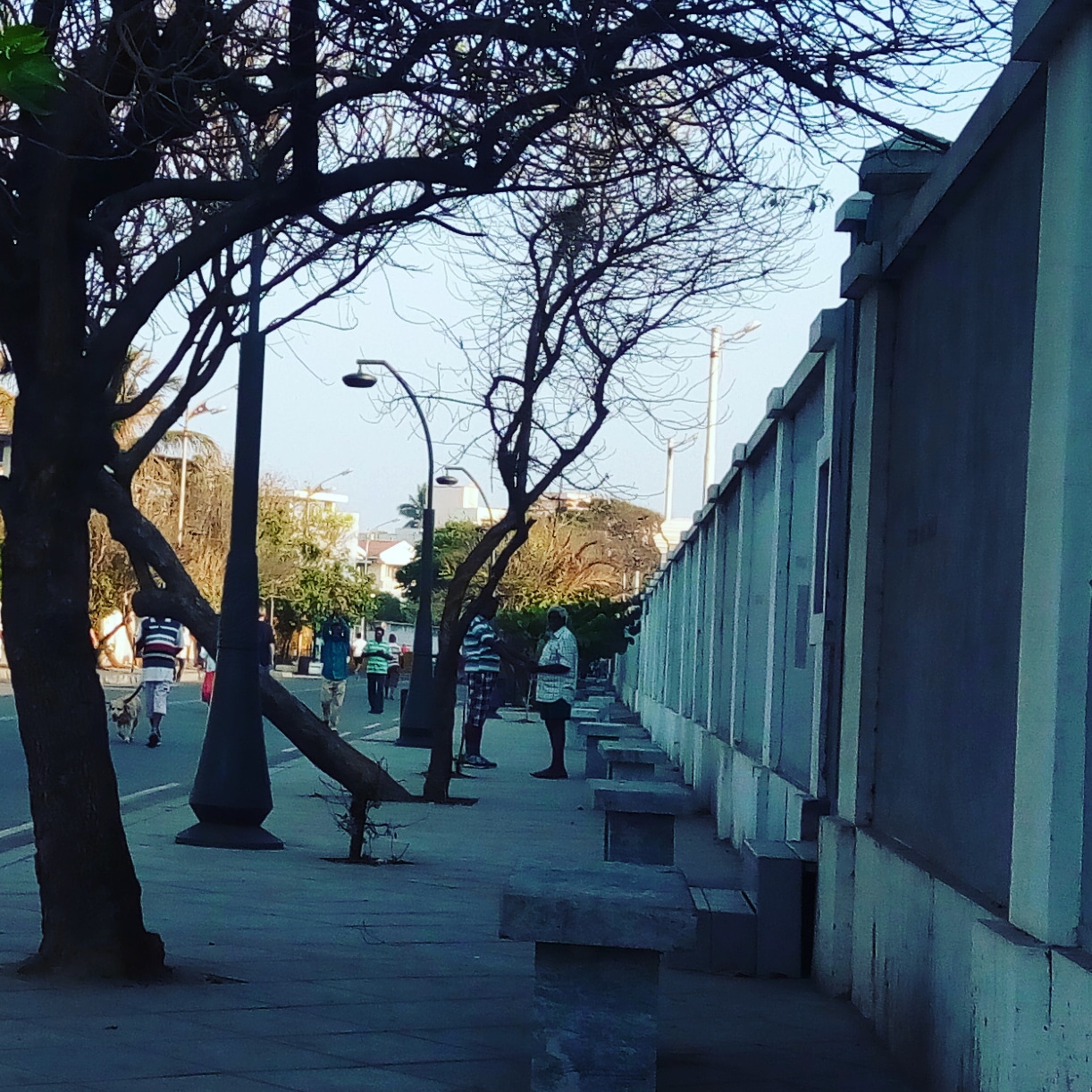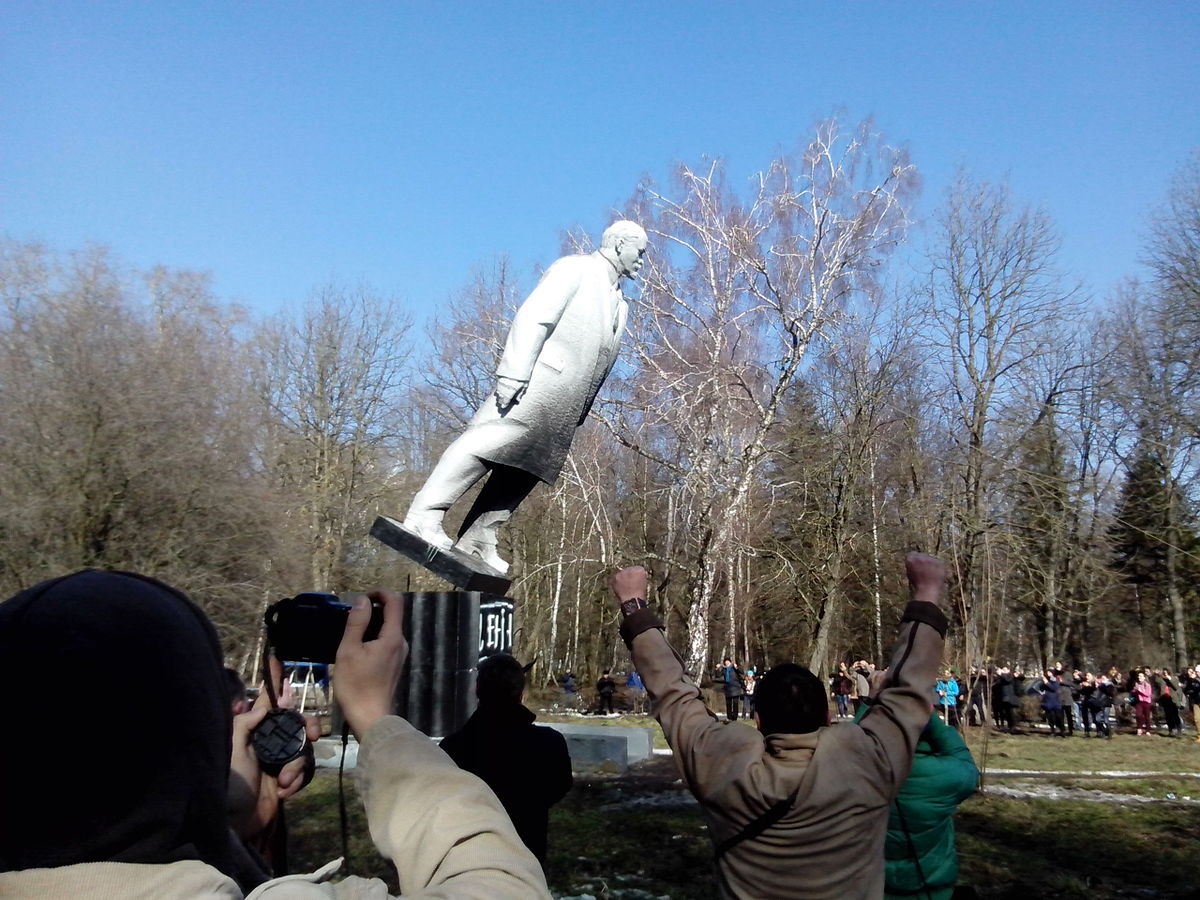Amidst the general perception that there is no space for reason in modern politics and the idea that populism trumps reason and philosophy almost every time, Professor Narendar Pani along with Prof. Anshuman Behera decided to explore the subject and address this question. In the process, they put together a set of writings by India’s major political thinkers, trying to find a pattern that emerges out and understand the journey of philosophy and reason in Indian politics. This led to the publishing of Reasoning Indian Politics: Philosopher Politicians to Politicians Seeking Philosophy. Prof Pani was at Bangalore International Centre recently where he discussed his thoughts and conclusions in front of a packed auditorium. Deliberating with him on the topic “Is there Reason In Indian Politics?”, were Prof. Shiv Visvanathan of the Jindal Global University, Prof. Surinder Jodhka from JNU, and Prof. Rajeev Gowda, Member of Parliament.
Prof. Narendar Pani started the evening with the distinction that the philosopher John Rawls makes between the Plato’s idea of politics where you work out a complete and full-fledged theory or idea of politics and then you take it into the reality and try and implement it there. Then he argued that the other way of looking at this kind of thinking in politics was to see the patterns that emerge out of such politics and then see how they actually turn out in terms of a particular set of philosophy. Hind Swaraj (Mahatma Gandhi) and Wheel of History (Lohia) were clearly worked out theories before being brought into the realm of politics. Gandhi, Lohia, and others were also the agents of their own philosophy, they developed their own philosophy and then tried to take them into the realms of politics themselves.”
Prof. Pani lamented that this process has changed after independence. “We have ended up functioning primarily with the day to day politics of competitive democracy which turns out to be an entirely different pattern. It’s not an easy pattern to understand. Politics has become a purely competitive world. The ideas of today are hidden and closely guarded secrets but over time if we observe closely, we find a certain pattern. We have to understand how logic functions in Indian politics. There is a difference in the idea of logic between India and the west, or more correctly between the local Indian thinkers and the modern logic. The modern logic keeps psychology out of it. The focus is entirely on abstract systems or roots of logic and tends to keep all subjective judgement out of it. Indian logic on the other hand always refused to make a distinction between logic and psychology. It always believed that the logic a person makes has a certain psychological element within it. This is something that we see reflected in its politics. We have the ideological politics which tries to define what they are doing in terms of specific objective laws. Not only Marxism but the initial right wing Hindutva propagated by Savarkar was also very clear in defining objectivism. The logical structure separated from psychology and subjectivity tended to dominate the ideological theories. At the same time, those who were more willing to recognise Indian logic and function with it, notably Gandhi, believed that such a distinction was false. According to him there is an element of subjectivity in whichever theory we choose. Hence, instead of rejection of subjectivity, he believed in improvement of subjectivity. His view was that you have a set of beliefs which are relevant for a particular situation and then you convince others of the same.” Gandhi developed the idea of symbols like salt to convince people about ideas which were not connected together.
After the Quit India Movement of 1942, when Nehru took charge from Gandhi, Indian politics saw a major shift in its philosophy. Dr. Pani argued that on one hand for Gandhi, the philosophy of thinking was an essential part of democratic politics. “He had to take it to the people, get the people to go through it, and then come up with the politics. Nehru, on the other hand reflected a contempt for the people. He believed that these philosophies, if taken to people will only confuse them. He kept the abstract logic for policy making and the psychological logic for his electoral campaigns. He institutionalised it by making the Planning Commission report only to him and over time this separation has been further institutionalised.” Dr. Pani termed the Anti-defection law brought by Rajiv Gandhi as the most institutionalising step in this aspect.
“This complete separation of the logic of policy from the logic of politics led to a certain division in the polity which led to the emergence of ideological parties of the right and the left. On the other hand you had mainstream political parties which raised issues which were symbolic, which appealed to people with different psychological preferences. Over time, the ideological parties began to see the importance of symbols which reached its peak with the Babri Masjid agitation. These symbols and the roles that they play are something that have been used repeatedly. It comes from the thinking that all I have to do is identify a group of supporters that I want and then convince them that they are victims of something else and keep a symbol around which they are victims. This started with “Garibi Hatao” which was a fairly real issue. But you ended up taking away privy purses and nobody monitored where that money went. Similarly, you have the regional parties which came after language and separate flags agitations. Then you have the Hindutva. Now this politics of psychology comes up against a sense of law which still follows an abstract logic, an objective system. But over time as the objective system gets difficult to implement, politicians see an opportunity there as well where you function without knowing how far this can go or function in a way where you lose credibility. Then you have a system where criminals can stand for parliament but equally false cases can be put against innocent people to stop them from standing for parliament. So, you end up then with a much wider set of issues, without a clear system of logic that people can realise. Focus is then on identifying the messiah. Then you move from one messiah to another and when that logic completely breaks down, you try to make up with volume, as we see on television sets these days.”
Prof. Pani ended his introduction of the subject matter and took his seat on the panel, a prolonged applause appreciated him. People were still trying to unravel the package delivered to them in the preceding 20 minutes or so when Prof Shiv Visvanathan began to speak.

Prof. Visvanathan was eloquent, delightful, and lucid. Critiquing the book, he said that this book meets two types of people, a theorist and a story-teller. Amid mild laughter, he continued that when you pick the book and read it, there is a very subversive kind of humour. “The humour is in the choice of articles”. Prof. Visvanathan continues, “In fact there are three Narendar Panis (in this book) and they play themselves brilliantly in the reading of the book. He begins as a Marxist who abandons his Marxism or at least fragments it. He moves from Marxism to a Gandhian ethical position, and thirdly he wonders if there are pluralistic possibilities of political theory? Continuing in his energetic, high-octane voice Prof. Visvanathan laid bare his quarrel with the book, albeit sportingly. He disagreed with the standard political theory approach that the national movement was about political ideologies. According to him our national movement was amongst the most playful national movements in history.
“Where else do you see such an availability of eccentricity? Every eccentric Englishman/woman I can think of, was a part of the national movement, our nationalism was plural. The greatest debates did not take place in politics. They took place in the archives of Science and Technology. Indian nationalism produced the greatest political critique of Science and Technology ever. We never look at these archives and this creates the second problem. By looking only at straight political theory, you miss storytelling. To me the great Indian novel comes from the bureaucratic commission reports, the Industrial commission reports, the works in the Emergency. They are great acts of storytelling which are also great acts of ethnography and theorising.”
He also pointed out the use of texts in the book. Continuing his performance, captivating the audience, making them question everything they knew at the same time, he said, “I wish there was greater work on the Emergency. One of the great acts of theorising was the Shah Commission Report. It theorised about violence and it theorised brilliantly about the feat of how reason in politics becomes a havoc. Because what you are looking at is a technocratic reason of Jagmohan and gang which was subservient to the political arbitrariness of Sanjay Gandhi. What happens when reason is tied to arbitrariness?” Extolling U.R. Ananthamurthy’s Bharathipura as the best critique of Socialism, he added further, “Literature becomes a critique of reason. So, language should be taken more interestingly… reason without being expressed in a certain kind of language is no longer rational.” He let the audience off with a probing question, ”Where does philosophy rescue politics? Because we are operating with 19th century concepts; nation state, boundaries, scientific idea of positivism. And in a deep and fundamental way, this is a fundamental attempt to rescue political science from being an old fashioned 19th century game.”
Professor Surinder Jodhka was the next to speak. He advocated a ground up way of looking at the question of reason in Indian politics. “I think if you look at the empirical evidences, you have reasons not to be so depressed about India and her future.” He spoke about his experiences of working in the north-western parts of India namely Punjab, Haryana, Delhi etc. and Bihar over the past three decades. “If one were to look at the rural landscape, much work has been done around the issues of caste over the last many years. If you look at the local level political process, it has completely transformed, where you can have a Mayawati or a Lalu Yadav become the chief minister of a state.” In the villages, he argued, “on one hand you have clear decline of the rural patriarch, at the regional level on the other hand caste and politics dynamics has been very interestingly played out. At the national level, things are far more complicated, more fluid. National level politics need conceptualisation and thinking about how democratisation process has transformed the national level politics. But at the local level and regional level, the kind of people who came into politics has changed significantly, a change for good I believe.”
Prof. Jodhka also addressed the issue of democracy and identities. “Although most of us dislike the word identity in itself but on the ground, many kinds of identities have emerged and these identities aren’t simply sectarian identities. Most identity politics trying to mobilise themselves around a notion of collective identity have almost always articulated the language of citizenship, not just the language of numbers. They want space in this nation state which has been historically very exclusionary.” Talking about the book, he said that it compelled him to think very differently. After reading this book, he learnt much more than he would have, from reading other texts that he normally reads on caste, economy, and politics. Seconding Prof. Visvanathan, he critiqued that the book still operated under the framework of mythological nationalism as if India as an entity could be India on its own. That possibility, Prof. Jodhka believes, no longer exists. India’s politics is now shaped by various factors which include not only the diaspora but also other kinds mediation of what are coming from all around the globe.
Prof. Rajeev Gowda started off with a potent statement that we live in a non-ideological era. Where Prof. Pani laid out the political philosophies of Lohia and Gandhi in the pre-independence era, Prof. Gowda decided to delve into the philosophy behind the major movements of the 80s and 90s. “If we look back into the last two – three decades and see what kinds of ideological frameworks have been animating the Indian political landscape, we find that there actually have been many major schisms, divides, and challenges through the way we constructed ourselves as a nation. And the ones that come straight to minds are 1989 onward and 1992, the Mandal and Masjid related challenges to the settled order. There was tremendous reasoning behind each of these movements.”
Prof. Gowda also talked about the challenges he faces as the head of the research department of the Congress. “One of the agenda is to articulate a narrative which can capture the imagination of all the people.” This they evidently did in 2004 by turning the ‘India Shining Campaign’ of the BJP on its head, by questioning the inclusiveness of the NDA governance. He also recognised the process of liberalisation in 1991 as something which was not premeditated but something which needed to be done at that time. Addressing the friction between a global liberalised economy and the Gandhian idea of economy, he said, “taking the Gandhi’s talisman as a philosophical construct, the congress when came back to power in 2004, found the philosophy of governance by turning to the activist community, creating the National Advisory Council, and coming up with rights based legislation.” He also stressed on the decentralisation of Panchayati Raj achieved by our Late Prime Minister Rajiv Gandhi. It was a tough task, he explained, because it meant challenging the existing power equation in the villages. It let people make decisions about their lives by themselves. It broke established patterns and challenged accepted practices.
Addressing the elephant in the room, Prof. Gowda talked about the spiralling cost of politics. “Part of reality of the politics apart from who participates and who votes is that who contributes. Resources are needed. We are in denial of the cost of democracy. We need to have full time politicians, political parties, elections, campaigns; and all these things don’t come for free. We have never accepted this particular challenge because philosophically we need politics to be a level playing field. We have let politics be taken over by people who have tremendous amount of money.” The solution according to the Member of Parliament is the crowd funding of elections at least to a level where all the participants have a fair chance in this competition. Prof. Gowda ended his absorbing talk by underlining the importance of “narrative that connects the politicians and political parties to the people and that’s where reasoning and philosophy are central to a party’s manifesto, vision, rhetoric, or articulation which may seem mundane and devoid of reason but is actually focused on trying to connect with people in their hearts and their minds.”
The evening ended with the panel taking feedback and questions from the audience. This panel was educative, reaffirming, and positive which are in short supply these days. The audience walked away with a sense of a Monday evening well spent.
About the Author : Ambikesh Kumar Jha is a social writer and a sailor, presently ashore.





















